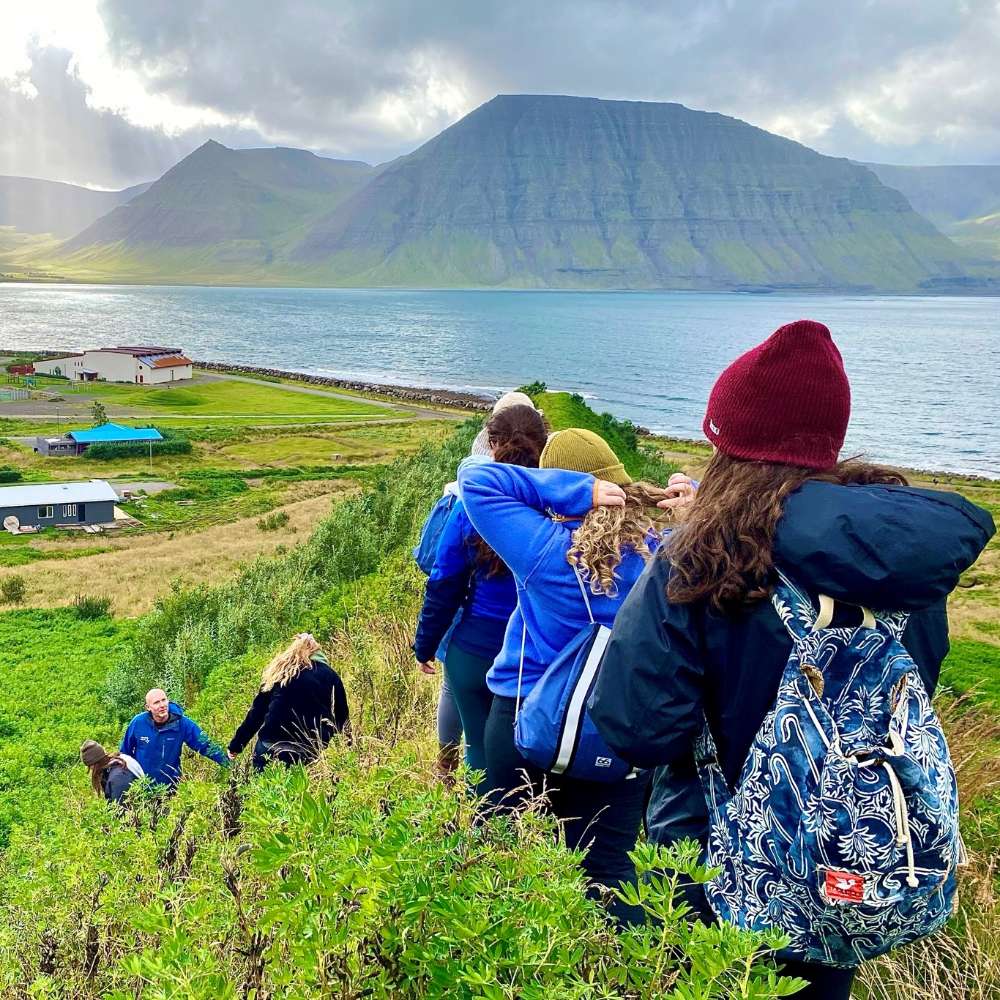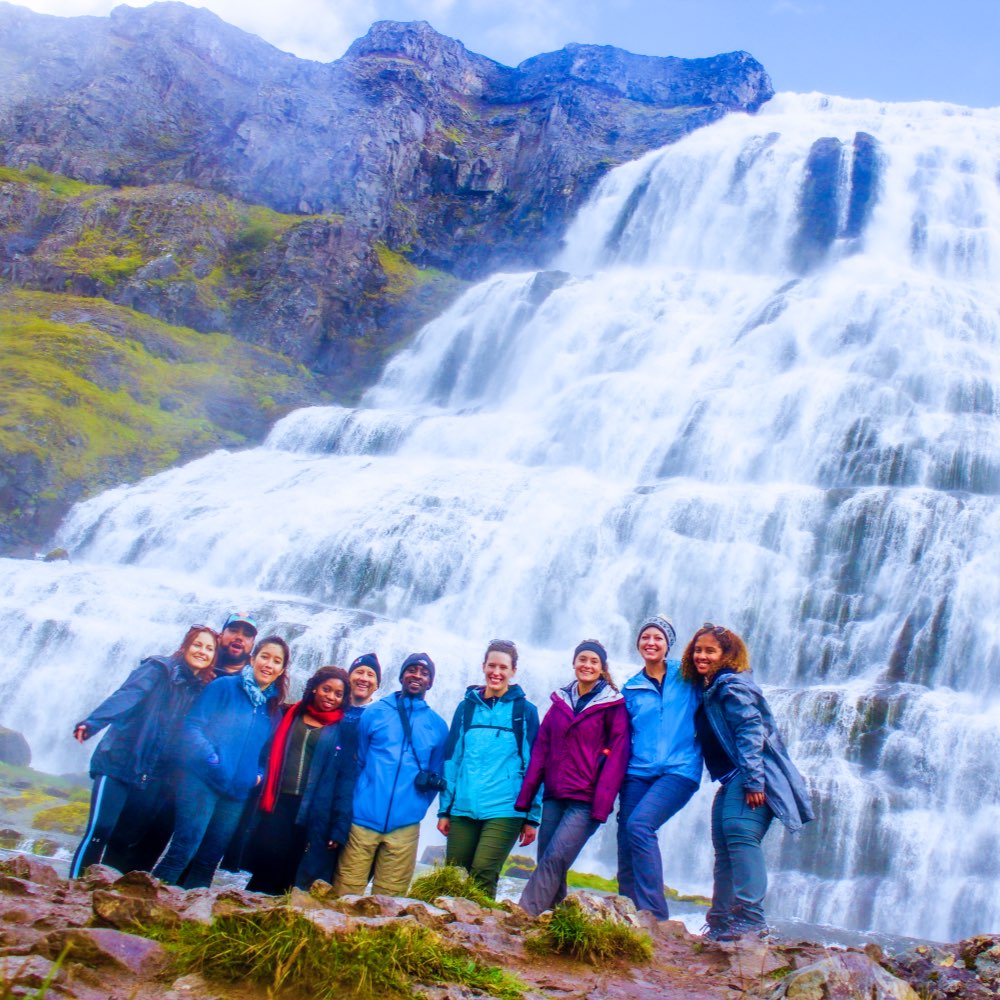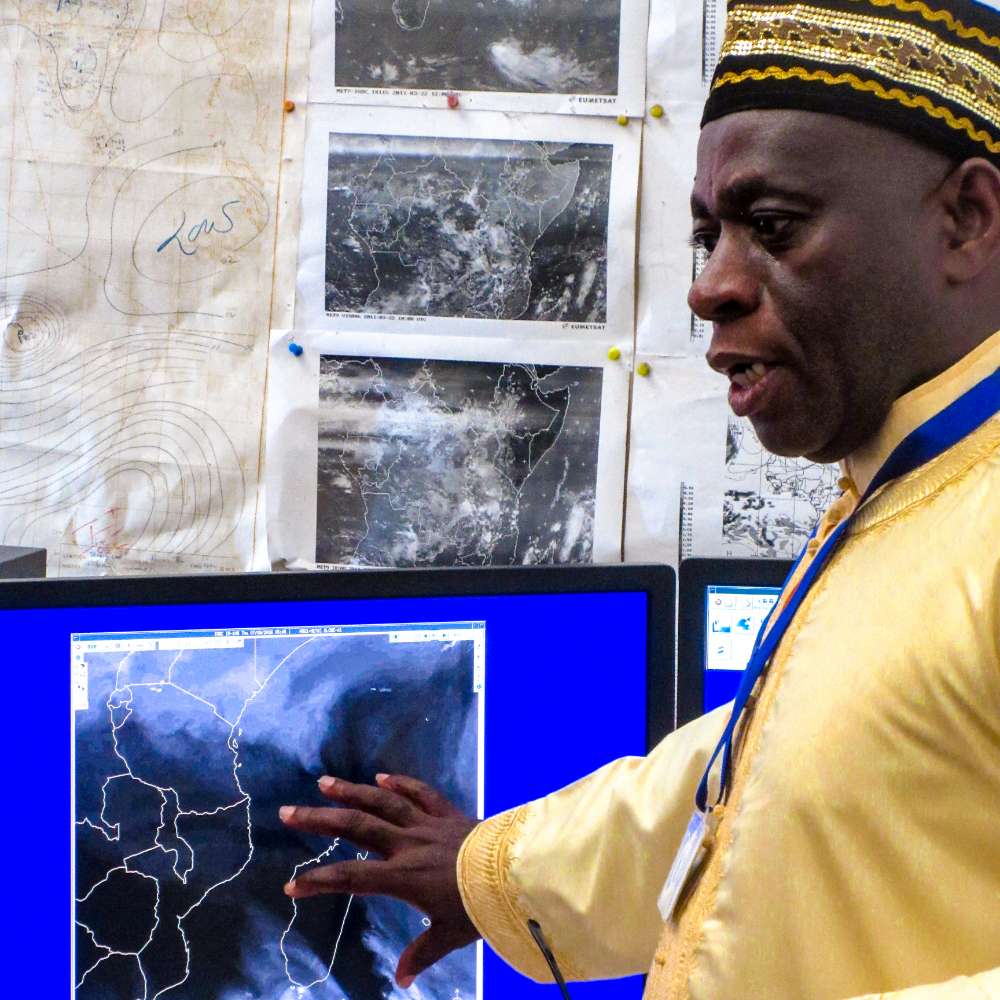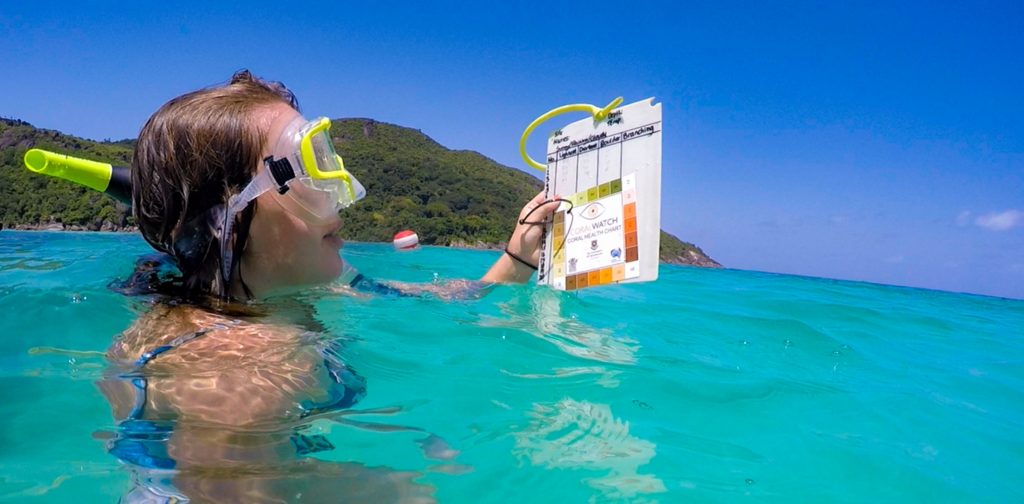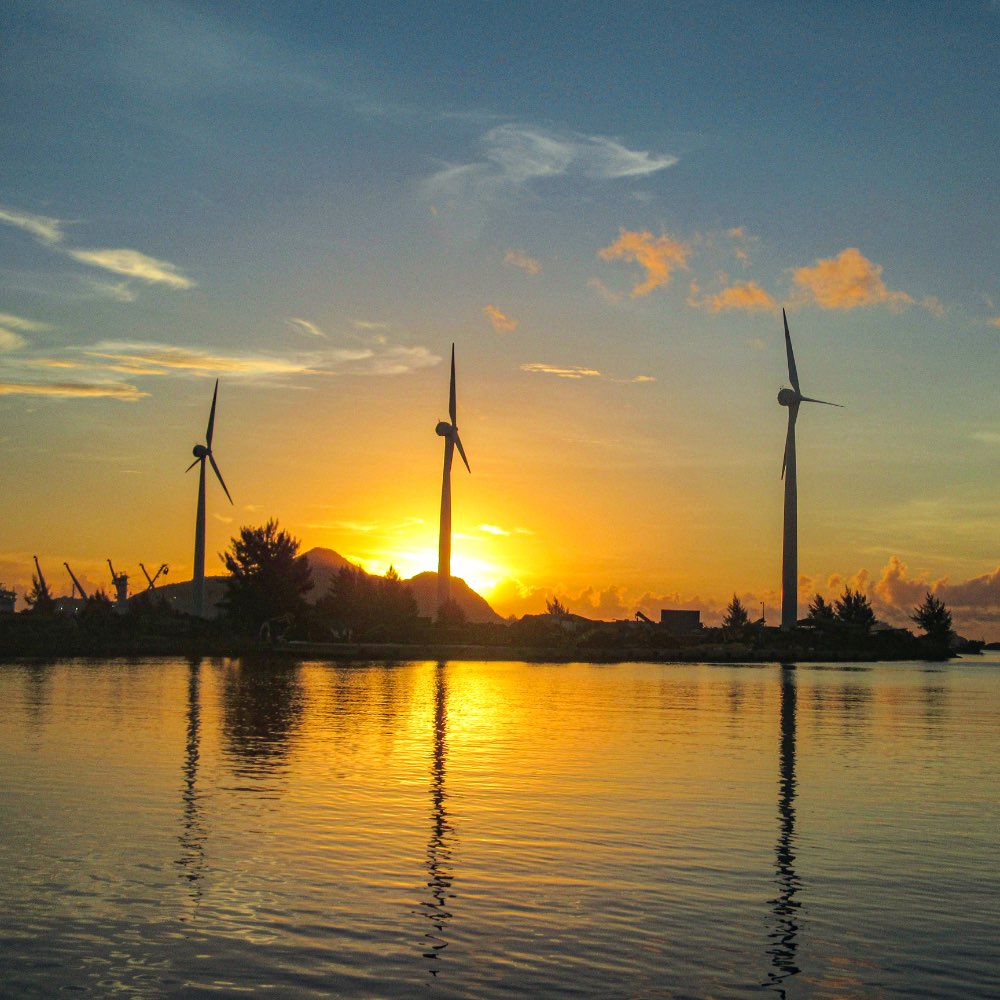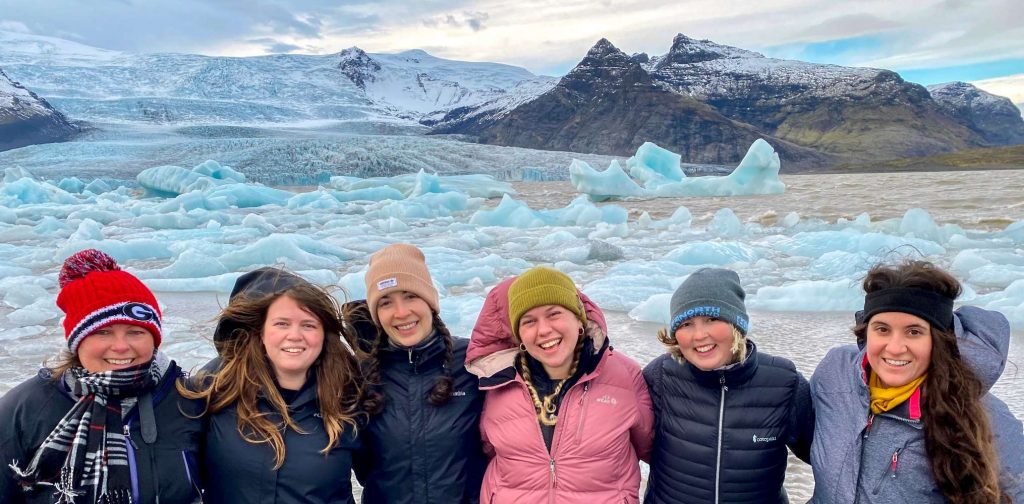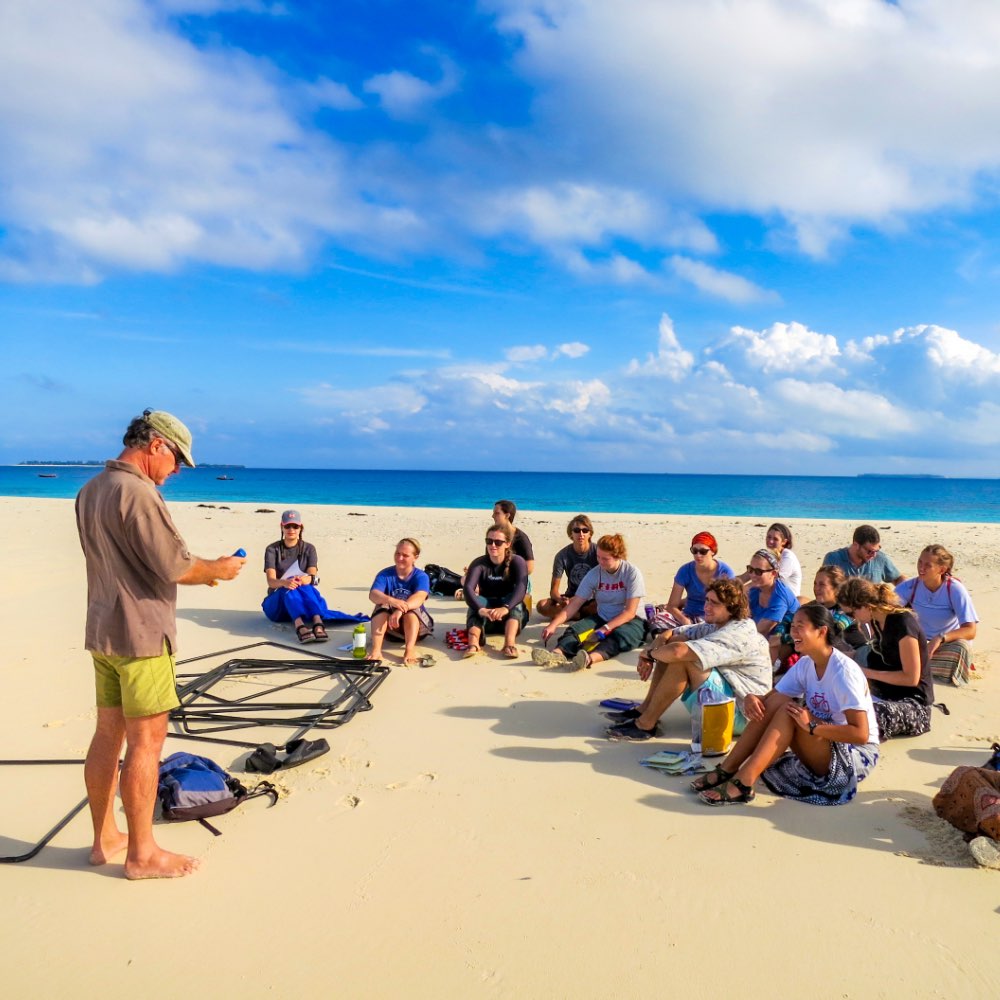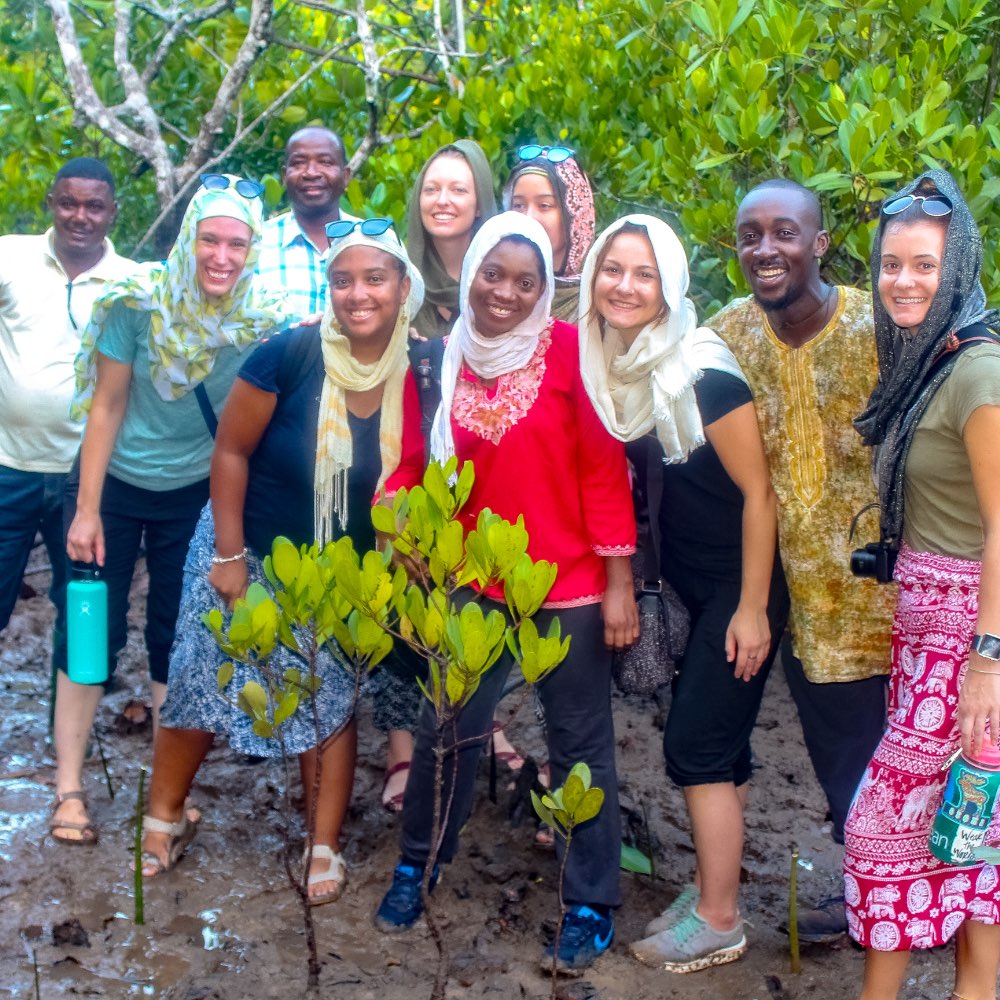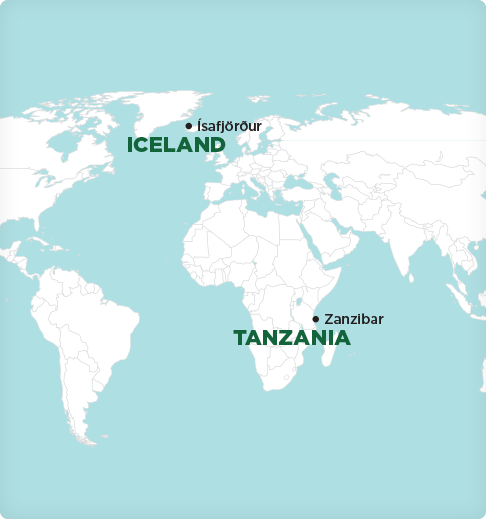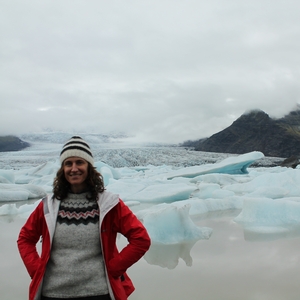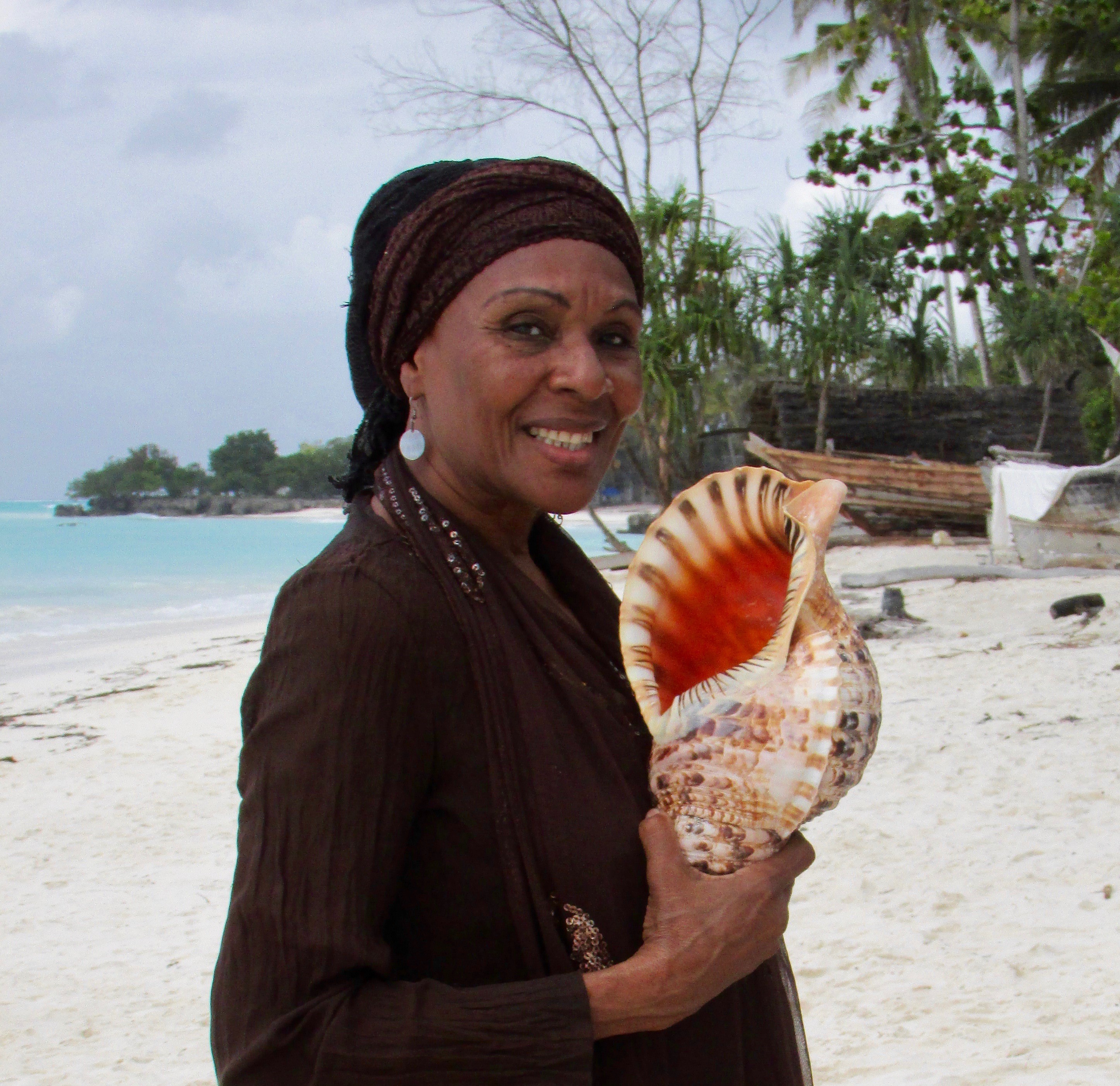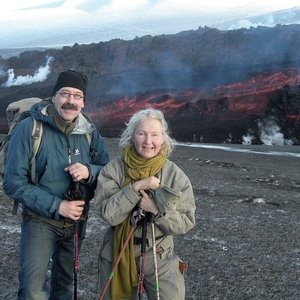- (CLIM–5035 / 3 credits) Human-Climate Interface 2: Water, Food, and Climate Economics in Zanzibar
This topical course introduces environmental economics, especially as linked to climate change influences on water and food in the Zanzibar Archipelago. Content, activities, and excursions highlight the following: fresh water supply, access, and use; agriculture and aquaculture; food chains and markets; food quality and nutrition; water and food safety; food security; health and sanitation; internal and external trade; industry; consumer behavior; and government policy. Macroeconomic factors and household practices related to climate change in the islands are featured.
- (CLIM–5050 / 4 credits) Climate Change and Sustainable Livelihoods in the Indian Ocean Region
This course addresses climate change and sustainable livelihoods in the Indian Ocean region, including through a short practicum. The course engages with the ecosystems and stakeholders of Zanzibar and the oceanic region on three sustainability topics: energy, health and urban planning, and tourism. For instance, participants evaluate Stone Town (a World Heritage site) and how, through urban planning, the government in Zanzibar attempts to mitigate climate change-induced coastal erosion to protect its primary harbor and fishery. During the semester, students make excursions in the Zanzibar Archipelago and engage with communities, wildlife, markets, plantations, innovators, scientists and their laboratories, activists, and government offices and officials. Experiences in Zanzibar are compared against cases drawn from Seychelles, Dubai, and other Indian Ocean settings.
- (CLIM–5060 / 3 credits) Natural Resource Management in East Africa
This topical course critically engages with natural resource management. It emphasizes the management of terrestrial and marine ecosystems and their relevant ties to human communities in East Africa. The course provides historiographic and theoretical frameworks to contextualize natural resource management case studies at global, regional, country specific, and local scales.
Cases are drawn from the Zanzibar Archipelago, but also from mainland Tanzania, Kenya, and Uganda. Through the comparative study of management approaches to marine and terrestrial ecosystems, students learn concepts and strategies to mitigate and manage the impacts of climate change on natural resources.
- (CLIM–5070 / 3 credits) Climate Change on Tropical Coasts: Social and Ecological Methods
This methods course introduces social science and ecological methods for studying climate change along tropical coasts. Classroom study and excursions in the Zanzibar Archipelago address coastal ecosystems and African communities. Content and activities draw on geology, oceanography, paleontology, archaeology, history, zoology, botany, anthropology, economics, and urban planning. For instance, the course explains or demonstrates methods and techniques useful in the tropics for studying evidence of climate change: coastline attrition, altered water chemistry, sea level rise, coral bleaching, diminished biodiversity, impacts on animal behavior, impoverishment of communities, and threatened cityscapes. Ancient, current, and future climate changes can be determined or predicted by synthetic, interdisciplinary analysis and interpretation.



